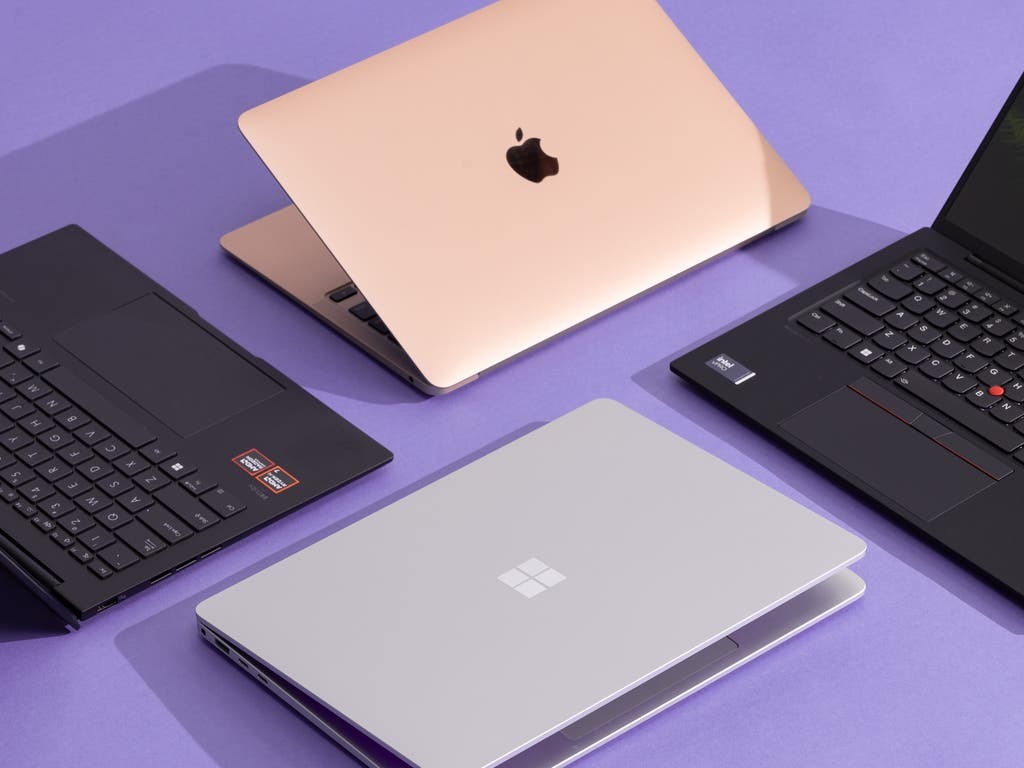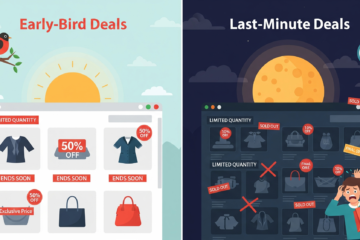Buying a laptop today is not simple. With hundreds of models, new processors, and changing prices, people often feel lost. This laptop buyers guide is designed to give you clear facts, real data, and easy comparisons so you can make a smart decision. Whether you are a student, professional, or gamer, the goal is to find a laptop that gives you value for money without wasting budget.
Why a Laptop is Still the Best Investment
Even with tablets and smartphones, laptops remain the main device for work and learning. According to Statista (2025), over 170 million laptops were shipped globally in 2024, showing steady demand. Unlike desktops, laptops balance portability and performance. A study by IDC shows that 67% of remote workers prefer laptops because they can handle professional tasks while staying mobile.
For businesses, laptops are more secure and customizable compared to tablets. For students, they support heavy tools like Microsoft Office, MATLAB, or Adobe Creative Suite. Gamers, on the other hand, still choose laptops with dedicated GPUs for a mix of mobility and gaming power.
Key Factors to Consider Before Buying
1. Budget
- Entry-level ($300–$600): Suitable for basic tasks like browsing, emails, and online classes.
- Mid-range ($600–$1,200): Best for students and professionals needing multitasking and light gaming.
- High-end ($1,200+): For content creators, gamers, and engineers using advanced software.
A 2024 Consumer Reports survey showed that laptops in the $700–$1,000 range give the best balance of performance and durability.
2. Processor (CPU)
The processor is the brain. In 2025, the main options are:
- Intel Core 13th & 14th Gen (i5/i7/i9) – Strong in single-core performance, ideal for everyday work.
- AMD Ryzen 7000 Series – Great for multitasking and value, often cheaper than Intel.
- Apple M2/M3 Chips – Extremely power-efficient, popular in MacBooks.
Cinebench benchmark tests show that AMD Ryzen 7 often outperforms Intel i7 at a lower price, while Apple M-series chips dominate in battery life.
3. RAM (Memory)
- 8GB: Minimum for casual use.
- 16GB: Recommended for students, professionals, and light gaming.
- 32GB+: For video editing, 3D design, and heavy gaming.
In 2024, TechRadar reported that 68% of professionals using 8GB laptops upgraded within 18 months because of performance issues. That makes 16GB the new sweet spot.
4. Storage (SSD vs HDD)
- HDD: Cheaper but slow (outdated in most modern laptops).
- SSD (256GB–1TB): Much faster, improves boot speed and application load times.
- NVMe SSDs: Even faster, becoming the new standard.
Google Drive and OneDrive integration reduces storage needs, but for creators handling large files, 512GB SSD is the safe choice.
5. Graphics (GPU)
- Integrated (Intel Iris / AMD Radeon): Fine for office, browsing, and media.
- Dedicated (NVIDIA RTX / AMD Radeon RX): Needed for gaming, video editing, and 3D modeling.
In a Steam Hardware Survey (2025), 78% of gamers with laptops used NVIDIA GPUs, showing their dominance in gaming performance.
6. Battery Life
Battery life is often overlooked but crucial.
- Basic laptops: 6–8 hours.
- Ultrabooks/MacBooks: 12–20 hours.
- Gaming laptops: 4–6 hours (due to high performance).
Apple’s MacBook Air M2 remains unbeaten with 18+ hours in real-world tests (Laptop Mag, 2024).
7. Build Quality & Portability
- Students: Lightweight (under 1.5 kg).
- Professionals: Slim but durable, with good keyboard and trackpad.
- Gamers: Heavier, with strong cooling systems.
According to SquareTrade insurance data, laptops with metal bodies are 40% less likely to break compared to plastic models.
Best Laptops in 2025 by Category
- For Students: Dell Inspiron 14, MacBook Air M2.
- For Professionals: Lenovo ThinkPad X1 Carbon, HP Spectre x360.
- For Gamers: ASUS ROG Zephyrus G14, Alienware M16.
- For Creators: MacBook Pro M3, ASUS ProArt Studiobook.
These models consistently top PCMag and CNET 2025 reviews for performance and reliability.
Common Mistakes Buyers Make
- Buying too cheap: Laptops under $400 often slow down within a year.
- Ignoring upgradability: Some laptops have soldered RAM or SSD, making future upgrades impossible.
- Chasing gaming specs unnecessarily: Many people buy gaming laptops without ever gaming, wasting money on GPUs.
- Overlooking warranty: A 2024 report by Consumer Technology Association found that 23% of buyers faced issues within 2 years, highlighting the need for extended warranty.
The Role of Operating System
- Windows 11: Best for flexibility, software support, and business tools.
- macOS (Apple): Great for creators, simple interface, but expensive.
- Linux: Free, customizable, but requires technical knowledge.
- ChromeOS: Budget-friendly, cloud-based, ideal for students.
NetMarketShare (2024) shows Windows still dominates with 70% market share, followed by macOS at 18%, Linux at 2%, and ChromeOS at 10%.
Future Trends in Laptops
- AI-powered chips (seen in Intel’s Meteor Lake processors).
- More ARM-based laptops for better battery life.
- Foldable displays (Samsung and Lenovo prototypes expected in 2025).
- Eco-friendly laptops using recycled materials.
IDC predicts the AI-PC market will reach 50 million shipments by 2026, meaning buyers should expect more AI features like real-time language translation and smart battery optimization.
Final Thoughts
A laptop is not just a gadget; it’s an investment in productivity. Choosing wisely requires balancing budget, performance, and future needs. Don’t just look at brand names—compare processors, memory, storage, and battery life.
This laptop buyers guide is designed to give you the facts, so you avoid costly mistakes and pick a machine that lasts for years. Whether you are buying for study, work, or play, use data, not guesswork. For more insights and expert recommendations, visit laptop buyers guide today.



